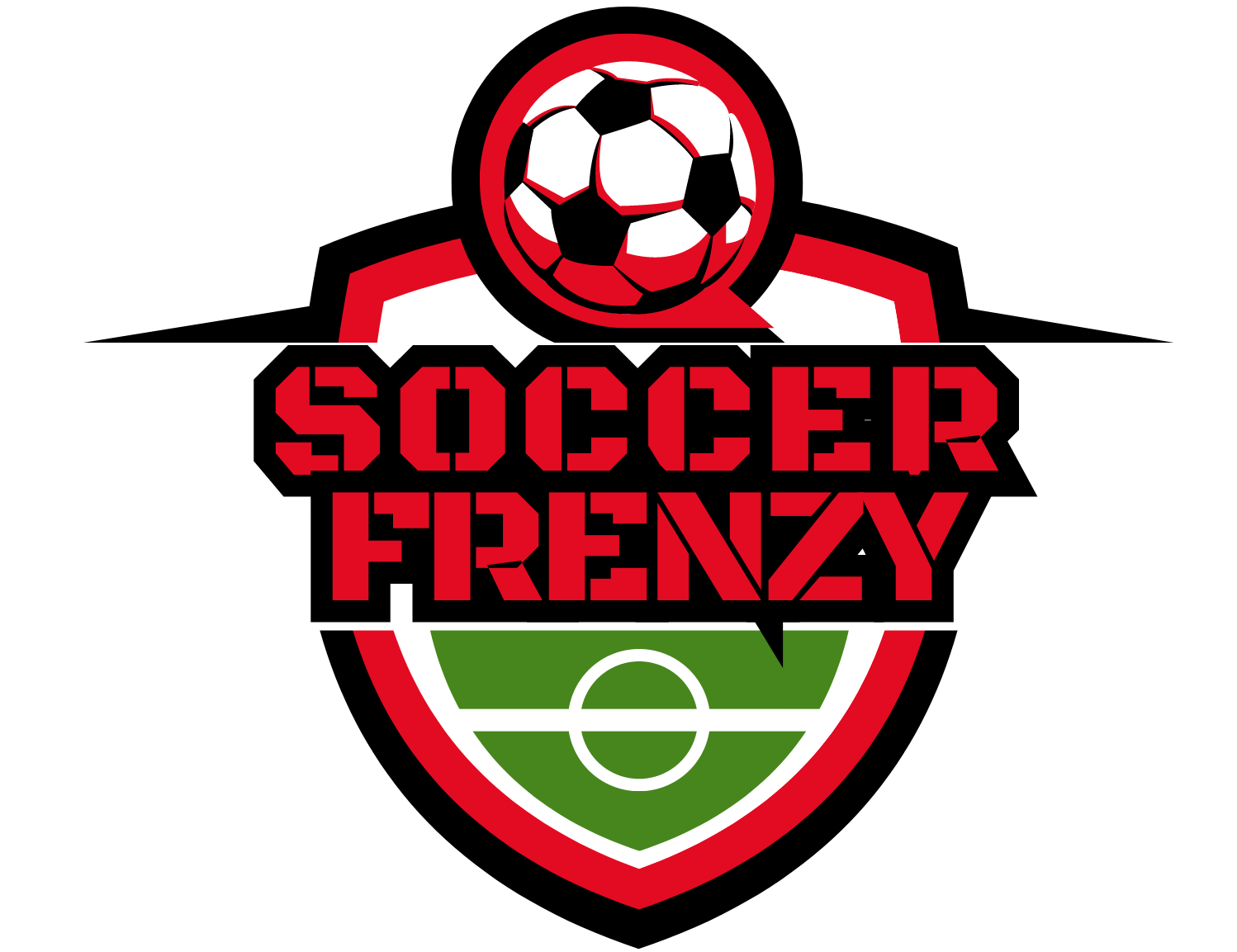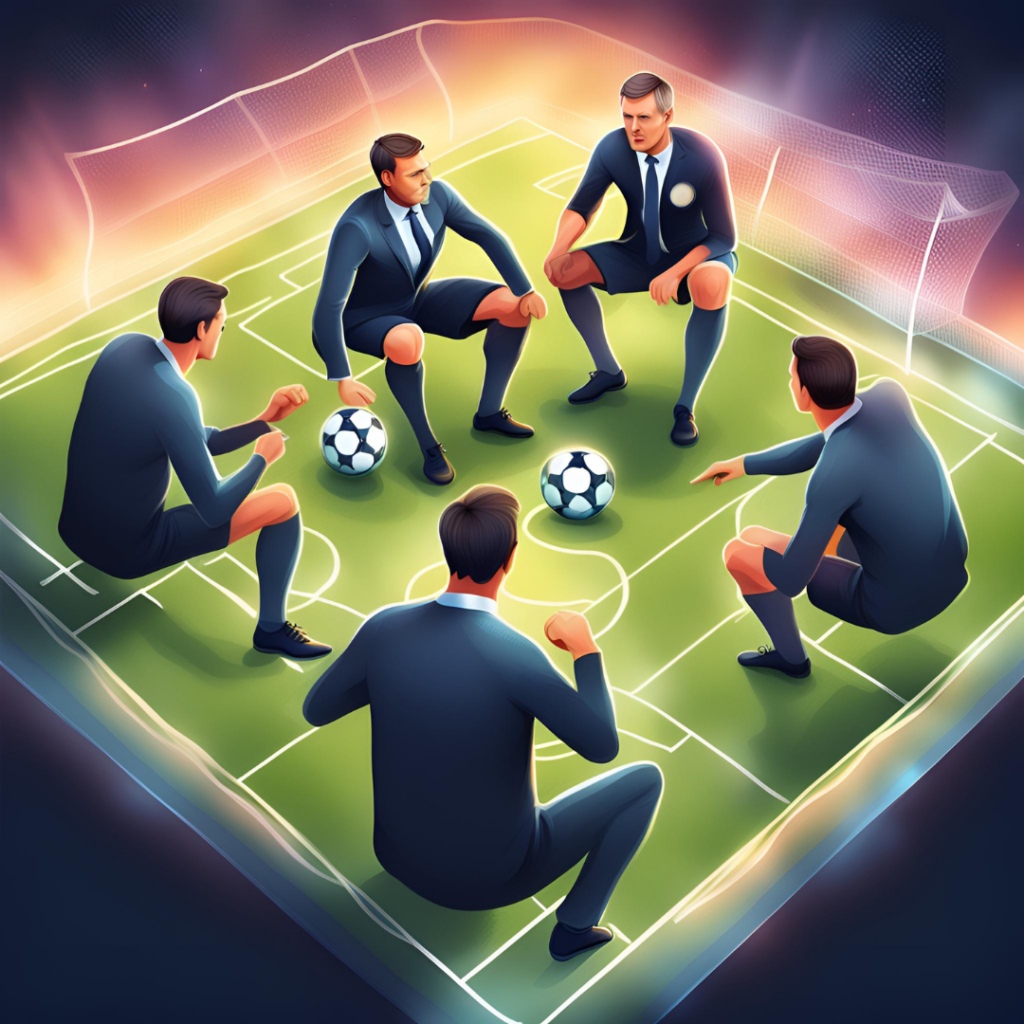The UEFA Champions League is the most prominent club competition in Europe where the best football teams and managers demonstrate their skills. Winning in this tournament calls for not just talent but also tactical expertise and adaptability to different opponents. This article seeks to delve into how top managers customize their tactics to address the complexities of European football and succeed on the continental biggest stage.
Understanding the Challenge of the Champions League
The Champions League is a unique competition that brings together clubs from different leagues each having its style and strengths. In domestic leagues, teams regularly play against familiar oppositions while in the Champions League, managers are forced to quickly adapt to varying tactical systems, cultural approaches, and individual player qualities. This diversity makes it extremely challenging and rewarding for those who can master these intricacies.
Pep Guardiola: The Art of Possession & Positional Play
Pep Guardiola has been famous for possession-based style of play as well as emphasis on positional play while at Manchester City. His sides are known for being able to control every game with their precision passing and movement. In the Champions League, Guardiola often customizes his tactics based on specific threats posed by his rivals.
For example, he may instruct his side to start from deep when playing high-pressing teams to draw them out and then create space where they can penetrate. On the other hand, if up against a team that parks the bus, he stresses quick small passes around the 18-yard box aimed at opening stubborn defense lines instead of long diagonal balls like over defenders’ heads or through-balls behind central defenders drawn out by wide attackers running towards the sideline. It is because of such attention he pays to details in games that has made him remain relevant even if sometimes final success at the European level has eluded him.
Jürgen Klopp: Gegenpressing & High-Intensity Football
At Liverpool, Jürgen Klopp’s approach is built on gegenpressing whereby his team presses the ball aggressively to win it back after losing possession. Klopp’s game plan is meant to make opponents commit both physical and mental mistakes by making them hurry, something that creates quick scoring opportunities.
In the Champions League, Klopp has shown that he can adjust his approach depending on the opponent. In matches against teams who retain much possession of the ball, Liverpool may fall deeper and rely on quick counter-attacking which uses players like Salah and Mané whose speed helps them in such situations. When playing against weak defenses, Klopp’s squad employs a pressing approach where they do not give their opponents any breathing space thereby ensuring constant attack pressure on the opposition. It was this flexibility that enabled Liverpool to lift the Champions League trophy in 2019.
Zinedine Zidane: Pragmatism & Game Management
Zinedine Zidane’s reign at Real Madrid was characterized by pragmatism and great gamesmanship. Zidane had a reputation for guiding his Real Madrid side through big occasions with tactical discipline and moments of individual brilliance often being enough to win important matches.
The flexibility of Zidane’s tactics could be seen in how he used various formations and player roles to exploit opponent weaknesses. In knockout stages, he would often prioritize defensive solidity by setting up very compactly to frustrate other teams while relying on clinical finishing from superstars such as Ronaldo upfront. Such emphasis on mental strength coupled with fluidity in adjusting game strategy midway were crucial during Real Madrid’s three successive European Cup triumphs between 2016 and 2018.
Thomas Tuchel: Tactical Versatility & Defensive Organization
Currently managing Chelsea, Thomas Tuchel is known for his tactical versatility as well as strong defensive organization. With Tuchel changing formations and systems game after game to suit different opponents, Chelsea has grown into one of Europe’s most feared outfits.
Once defending Champions League winner, Thomas Tuchel is often using a back three system that provides defensive stability while allowing wing-backs to act offensively. They did this notably in their 2021 UCL victory where they neutralized attacking threats from Manchester City and Real Madrid amongst others. This is the reason why Tuchel succeeds in Europe with his tactical acumen and meticulous planning.
Diego Simeone: Defensive Solidity and Counter-Attacking Efficiency
Defensive resilience and counter-attacking efficiency are synonymous with Diego Simeone’s Atlético Madrid. Herein lies the secret of Simeone whose teams are known for their disciplined, compact defense making them hard to break down.
In the Champions League, Simeone often sets up his team to absorb pressure and hit opponents on the break. It has brought considerable success including two appearances at CL finals. By frustrating more attack-minded teams and capitalizing on swift counter-attacks, Simeone’s tactical mastery ensures Atlético remains competitive against Europe’s elite.
Conclusion
The managers of the Champions League need to be tactically intelligent and adaptable. There are distinct approaches employed by top coaches (Managers) such as Guardiola who focuses more on possession, Klopp who advocates for gegenpressing, Zidane’s pragmatic game management philosophy, Tuchel’s flexibility as well and Simeon’s pragmatism in terms of his approach towards the match. Beside them will always be sitting discussing tactics that would defeat a particular opponent or win a game in a given situation during which they would consult each other as if they were players for whom it had been done because it was only then that their plan could work out well so that they went ahead to become champions of Europe. However, amidst all this evolution going on within the Champions League, those battles involving coach strategies against each other will always remain central to what makes the competition interestingly unpredictable.


